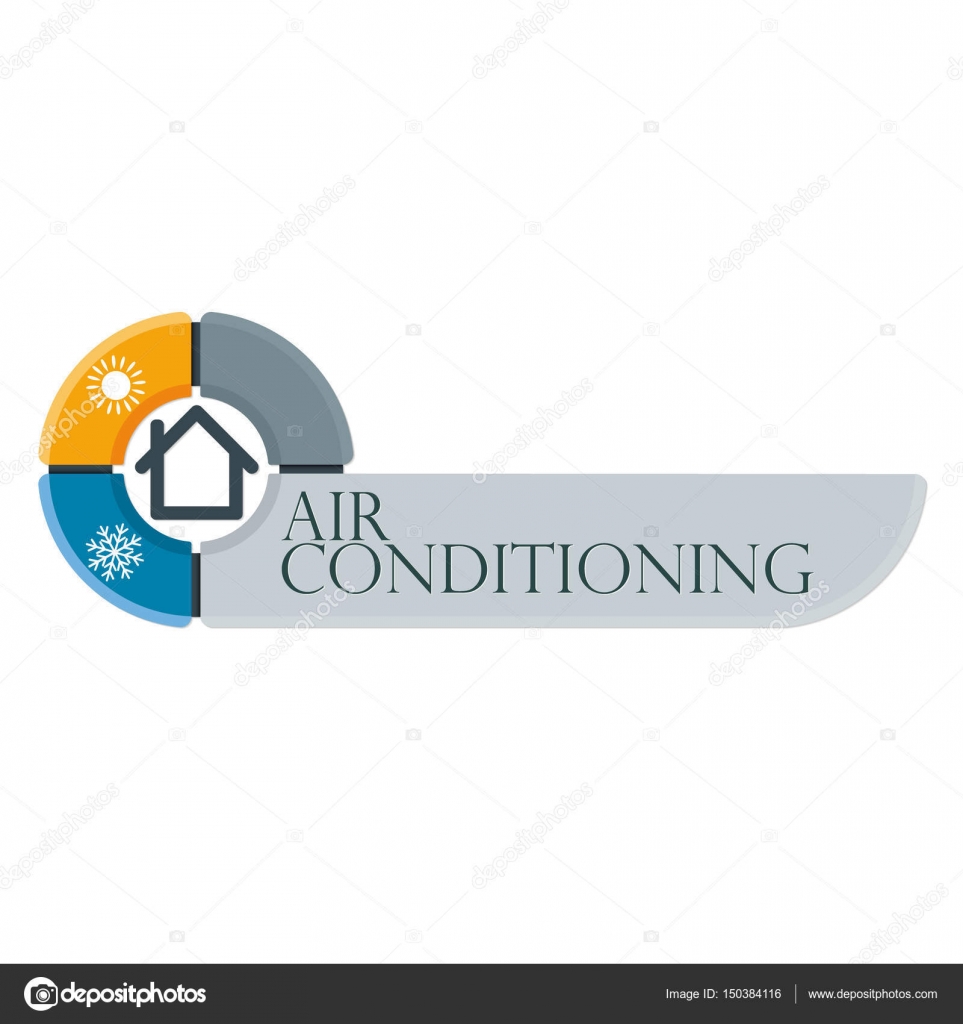Heatpump Vs Furnace - Which Is The Better Heating Option For Your Home?
Heatpump Vs Furnace - Which Is The Better Heating Option For Your Home?
Blog Article
Write- heat pump installers new plymouth Developed By-Huff Sims
Many house owners are familiar with furnaces, which warm homes with oil or gas and push hot air via ductwork. https://docs.google.com/spreadsheets/d/1QamJmgvCoo2gPNMF6CLm1hIOPmKaJ4V4g2VF7xUhWbQ/edit?usp=drive_link are relatively inexpensive and can offer trusted home heating even during a wintertime power outage.
Nevertheless, they use nonrenewable fuel sources and produce carbon monoxide and various other air pollution. They additionally aren't as energy-efficient as a high-efficiency heatpump.
Expense
Generally, heat pumps are much more budget-friendly to operate than furnaces. They usually utilize electrical energy and cooling agent to extract warm from outdoor air, and after that transfer it into your home. You can make the most of cheaper electricity prices throughout off-peak hours to better lower your home heating costs.
Unlike heatpump, gas or wood-burning heaters utilize combustion to create heat, producing flue gases right into the ambience that can be unsafe to your health. These heating systems are likewise much less energy-efficient than heat pumps, and their higher operating expense can build up over time.
Heaters are a lot more complex than heat pumps and call for regular maintenance to ensure the proper feature of all parts. Regardless of this, they have a tendency to last longer than heat pumps with a typical lifespan of 20 years or even more. Nonetheless, you'll require to factor in the price of gas, gas oil or timber and the added devices needed for installment and operation such as ducts and ventilation systems.
Power Effectiveness
Heat pumps have a higher power efficiency ranking than furnaces. These systems utilize electrical power to scavenge heat from the air, even in freezing temperatures. They can also remove excess warmth from the home during warmer months and recycle it to cool the system. Provider specialists can aid you figure out the very best version for your home based on climate and source energy expenses.
Heaters burn gas oil, lp, gas or various other kinds of fossil fuel to heat up the air in the home. This air is then distributed through ductwork making use of a big fan. Heaters produce greenhouse gases and call for regular upkeep and devices upgrades to make sure secure operation.
The most significant benefit of a heater is that it can be operated even in extreme winter season conditions because it does not count on outdoor temperatures to warm up the air. Furnaces also have a longer life expectancy than heat pumps and normally last 15 years. They can also be paired with dual gas options, which pick the most reliable home heating option based upon the weather.
Environment
Heat pumps work well in modest environments and use less source power than heating systems. Nevertheless, if install a heat pump is exceptionally cool, you might need to invest in a conventional gas heating system rather.
Heaters provide cozy, comfortable heat and generally provide fast heating to raise indoor temperatures. These systems can be made use of with a selection of fuel kinds, including gas, gas, oil or power.
They consume extra power than heat pumps-- up to 3x as much-- and need ductwork that's expensive to mount or retrofit. They're additionally more pricey to keep, as they can cause air high quality problems and generate greenhouse gas discharges.
If you're committed to lowering your carbon footprint, a heat pump is a great option for your home. They have fewer greenhouse gas exhausts than heaters, particularly if you select an ENERGY STAR ® heatpump. Your regional copyright specialist can clarify the differences between these 2 furnace and aid you make the best decision for your special needs.
Individual Preferences
Heating systems can be very energy efficient when powered by gas, propane or oil, yet they aren't as power efficient as heat pumps in freezing climates. They can also be extra expensive to install, requiring gas lines and ventilation systems.
However, furnaces have a tendency to require much less upkeep, which can lead to reduced ongoing costs. They generate less greenhouse gases and are more trustworthy than heatpump during extreme weather.
Electric heat pumps are a lot more flexible in producing indoor comfort because they can likewise act as air conditioners throughout warmer months. They can be easier to preserve, requiring only normal air filter changes and periodic vacuuming.
If you prefer the comfort of a single system that does it all, consider a crossbreed home heating solution that pairs a heating system with an electric heat pump. These systems can immediately change between both home heating alternatives based on your home's needs and temperature level conditions, maximizing efficiency and cost savings.